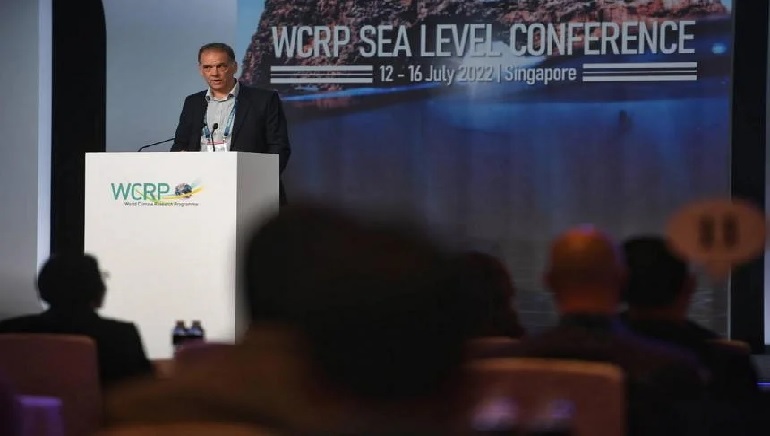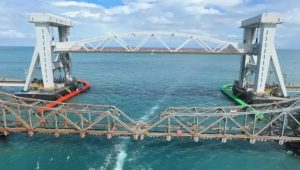On Tuesday, a $23.5 million project was launched to uncover the long-term impacts of climate change on Singapore. The program will tackle issues from sea level rise to food security, and assist in guiding policies.
Along with studying gradual sea-level rise, the new research program will also investigate worst-case scenarios where extreme weather events can push up the tides further, resulting in larger floods.
As part of the Climate Impact Science Research Programme helmed by the National Environment Agency’s (NEA) Centre for Climate Research Singapore (CCRS), the program will focus on five key areas, including sea-level rise, water resource and flood management, biodiversity and food security, human health and energy, and cross-cutting research to bridge science and policy.
The director of CCRS Dr. Dale Barker said that the new program will build on and complement existing climate change research. A $10 million National Sea Level Programme will also address knowledge gaps related to recent and past sea-level changes that were launched in 2019.
During his remarks at the third World Climate Research Programme Conference, held from July 12 to 16, he stated that the new program will result in practical solutions guiding possible adaptation measures.















